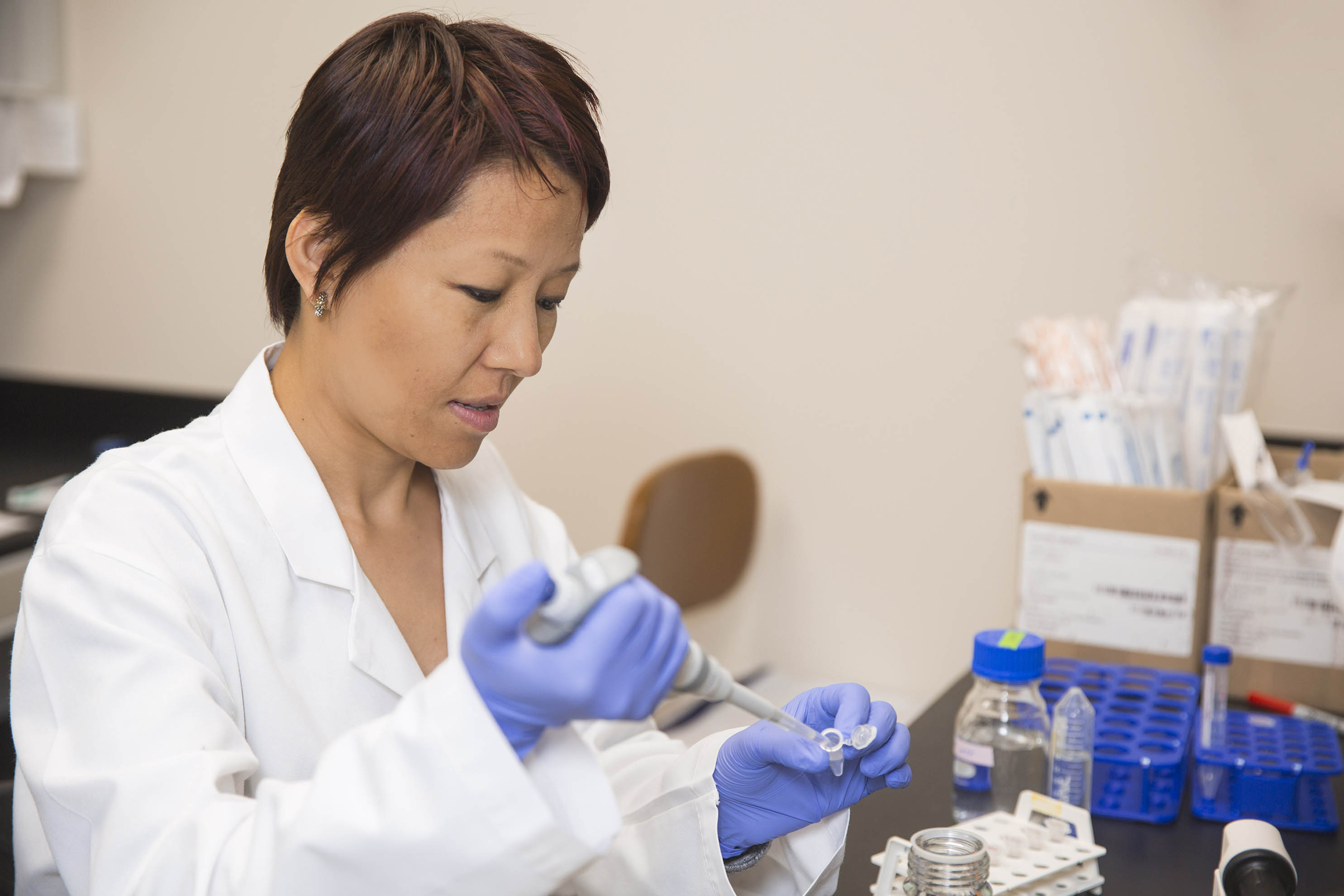
The new research suggests that carbidopa, which is a drug approved by the Food and Drug Administration (FDA) and widely used to treat Parkinson's disease, has significant anti-cancer properties.
Carbidopa is typically used in conjunction with levodopa (L-Dopa) to treat Parkinson's disease. And previous studies have shown that patients with Parkinson's tend to have a lower incidence of cancer.
In older research, scientists investigated whether or not it was the drug L-Dopa that yielded the anti-cancer effect, but they did not find any significant results.
So now, a team led by Dr. Yangzom Bhutia - from the Texas Tech University Health Sciences Center (TTUHSC) in Lubbock - hypothesized that carbidopa alone could have anti-cancer properties.
Commenting on the motivation for the research, Dr. Bhutia says, "Interestingly, no one has previously suspected carbidopa as a potential player in this phenomenon."
"Carbidopa is never used by itself as a drug for any disease," she adds. "But [...] we believe that the reduced incidence of most cancers in Parkinson's disease patients is due to carbidopa."
The first author of the study is Jiro Ogura, of the Department of Cell Biology and Biochemistry at TTUHSC, and the findings were published in the Biochemical Journal.
Article originally published in Medical News Today, www.medicalnewstoday.com.
To read full article, please visit https://www.medicalnewstoday.com/articles/319578.php.
